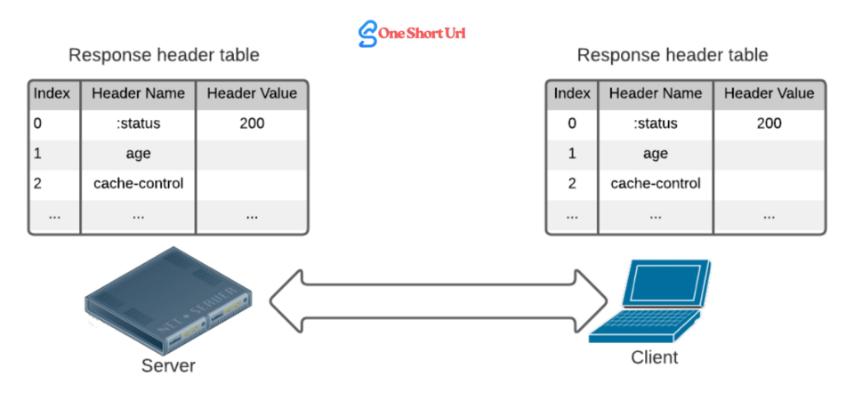
HTTP Headers Lookup: A Complete Guide
Created on 24 September, 2025 • Checker Tools • 24 views • 2 minutes read
An HTTP headers lookup is a method used to examine the response headers that a web server sends when a client or browser makes a request
What is HTTP Headers LookupAn HTTP headers lookup is a method used to examine the response headers that a web server sends when a client or browser makes a request. These headers provide important details such as server type, content type, caching policies, cookies, and security directives. By performing a headers lookup, developers, SEO professionals, and security experts can gain insights into how a website is configured and how it communicates with visitors.
Why HTTP Headers Lookup Matters
HTTP headers play a critical role in website performance, security, and optimization. Checking them regularly helps ensure that your site runs smoothly, remains secure, and is properly indexed by search engines.
Security Analysis
Headers can reveal whether a site is protected with security measures such as Content Security Policy or Strict Transport Security. Missing or misconfigured security headers may expose a site to threats including cross-site scripting or clickjacking attacks.
SEO Insights
Search engines rely on correct server responses for indexing. Headers like cache-control and content type influence how search engines view and rank your site. An HTTP headers lookup shows whether these settings are correctly implemented.
Debugging Issues
When web pages do not load properly or resources fail to display, the headers often reveal the cause. A misconfigured redirect, an incorrect content type, or missing compression can all be diagnosed through header inspection.
Performance Monitoring
Headers also manage caching and compression. If these elements are set correctly, your website will load faster and provide a better experience for visitors. An HTTP headers lookup helps confirm whether performance settings are working as intended.
How HTTP Headers Lookup Works
When you enter a URL into an HTTP headers lookup tool, the system sends an HTTP request to the server. The server replies with response headers that include details such as server software, content type, cache rules, redirect information, and cookies. These results are displayed in an organized format, allowing you to analyze them for optimization, troubleshooting, or security checks.
Common Uses of HTTP Headers Lookup
Developers verify configuration and resolve technical issues.
SEO specialists check server responses to improve indexing and caching behavior.
Security experts confirm that important security headers are active.
Website owners monitor their server responses to maintain overall performance.
Limitations of HTTP Headers Lookup
It only provides metadata, not the actual content of the page.
Some headers may be hidden or altered by proxy servers or firewalls.
The technical details may be challenging to understand for non-technical users.
Final Thoughts
HTTP headers lookup is an essential tool for anyone responsible for websites. It provides valuable information that supports better security, faster performance, and improved SEO. By checking headers regularly, you can identify problems early, strengthen your site’s defenses, and deliver a smooth user experience. Whether you are a developer, marketer, or business owner, using an HTTP headers lookup tool is a smart step toward maintaining a reliable and optimized online presence.